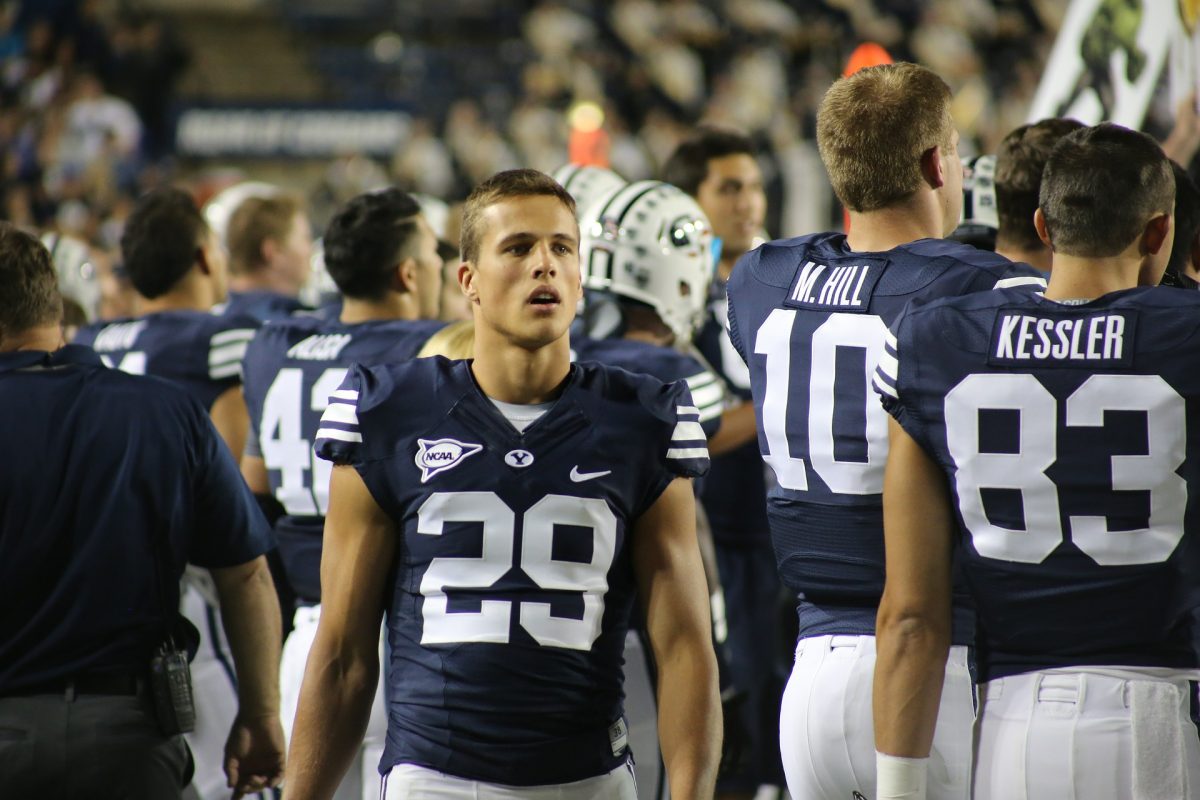A private high school in Kentucky signed off on randomly drug testing their students on July 4th, this past week. The board at Trinity High School has been attempting to officially implement this for years with 2 years of testing under their belt.
How long have they been doing it?
Six hundred students were tested during their initial year of drug-testing, with 24 students (4 percent) testing positive. During the just-completed school year, they tested 800 students – with just 3 percent testing positive (24 students). While the rates are low, the school considers one positive test a test too high, and is doing everything they can to enforce their stance on drugs and binge drinking.
What’s it costing?
Including using a hair drug test, which can detect any drug use of up to 90 days prior. The standard in the industry is a urine 5 panel drug test, which can test for up to a week prior. Adopting a hair test as the random test of choice is very expensive, one test usually goes for $139.99. This price will be covered by the tuition the families are paying for their students to attend Trinity, at $13,700 a year when paid in full and the price goes up for payment plans.
When a student tests positive, their first reaction is not punitive. The school meets with the parent(s) and student, review the results and encourage them to use community counseling resources to interrupt this risky behavior. During this phase of drug testing, no school consequences occur. School counselors are available for support and guidance. If a student tests positive, he will be tested every 100 days until further notice. If he tests positive again school consequences begin. This has been rare so far.
Parents love it!
Parents support the program because, the school says, they understand it empowers their kids to make better decisions. At parties or in unsupervised homes, teens often are pressured or forget good advice from parents, school and church. A parent told us “we hear frequently that it really does help in peer situations to be able to say, “I can’t. My school tests.””
Though Trinity wasn’t the first school to test in this area, several other schools have visited them to learn more and adopted their policy as their own.

